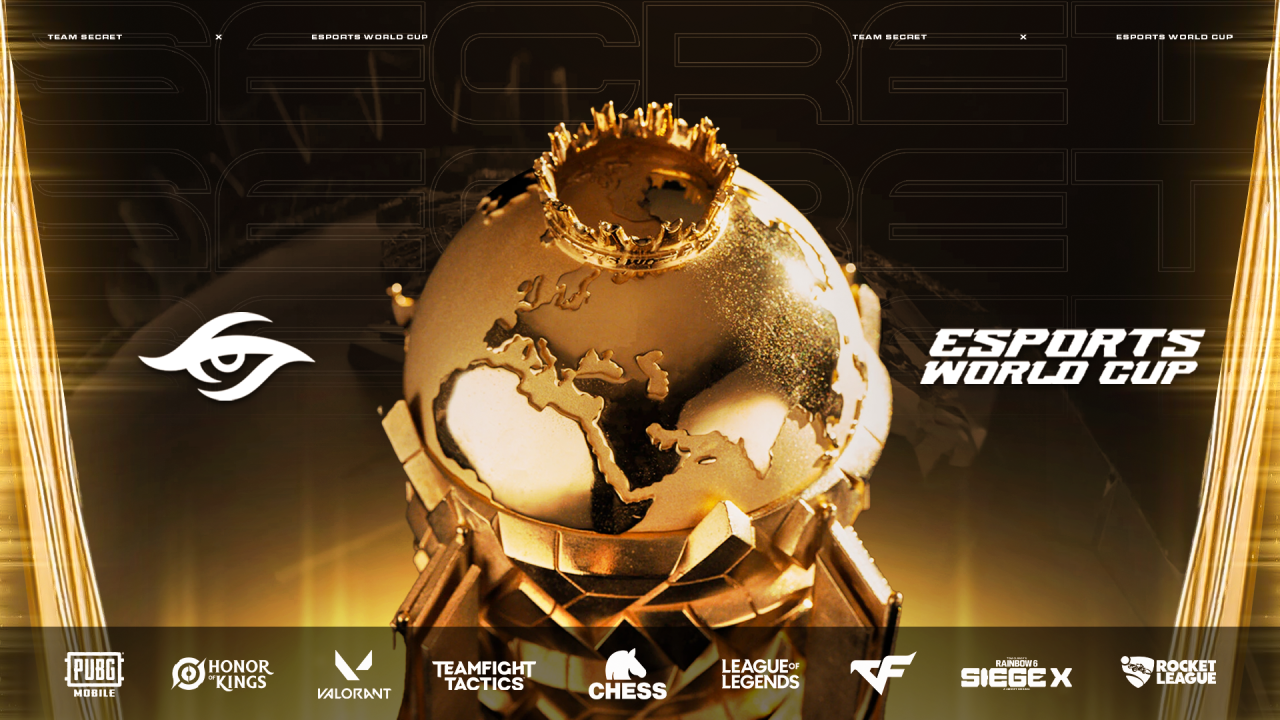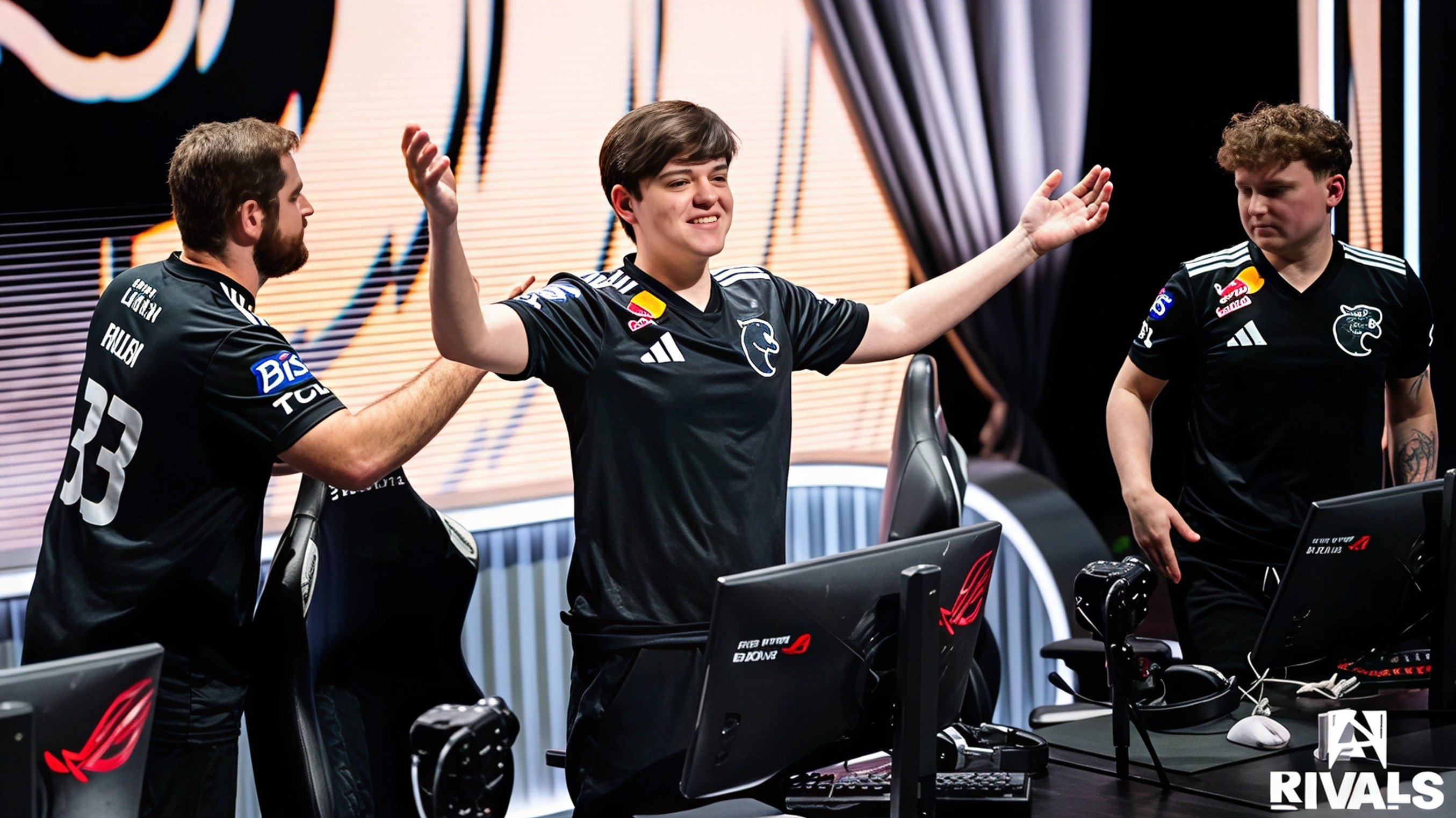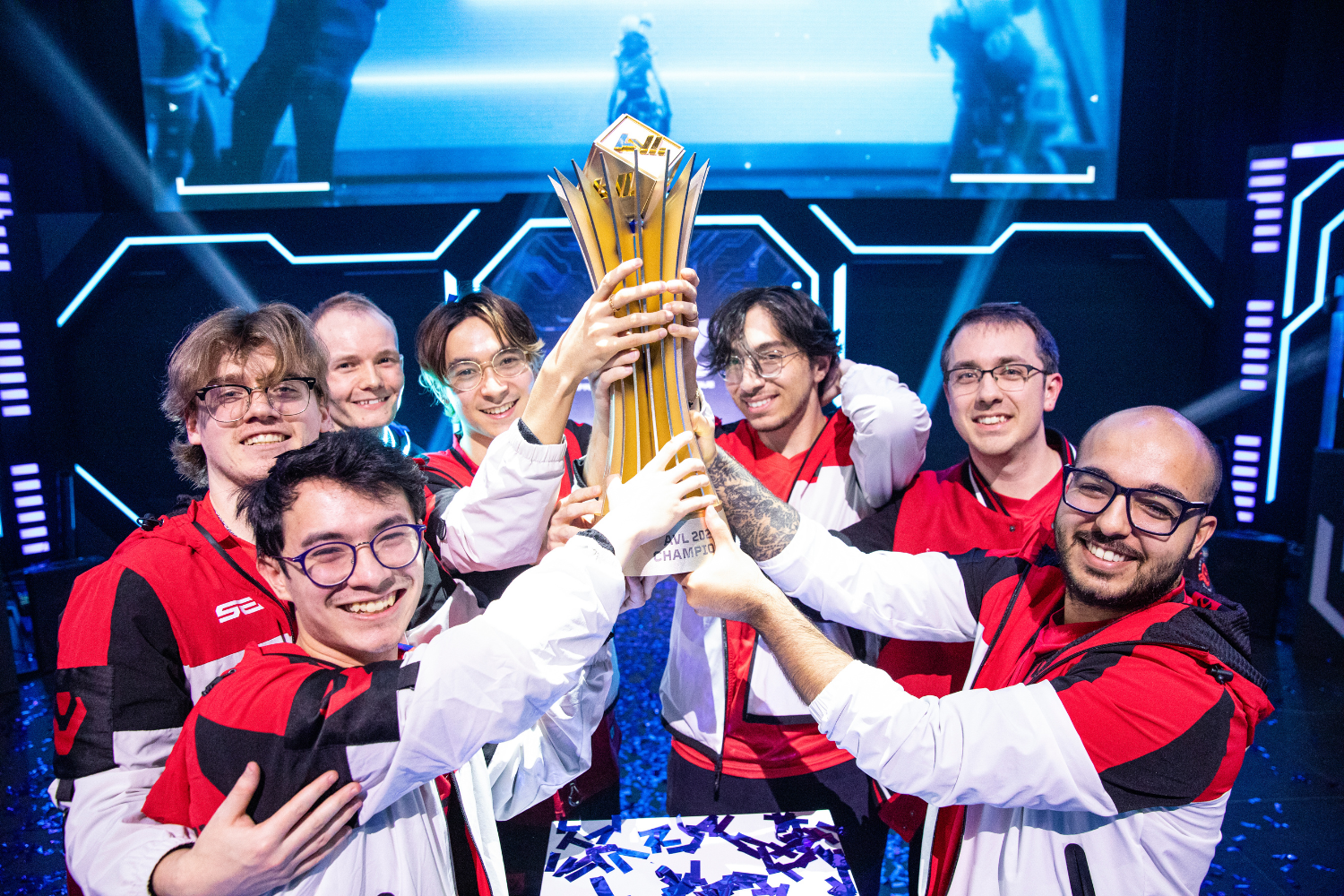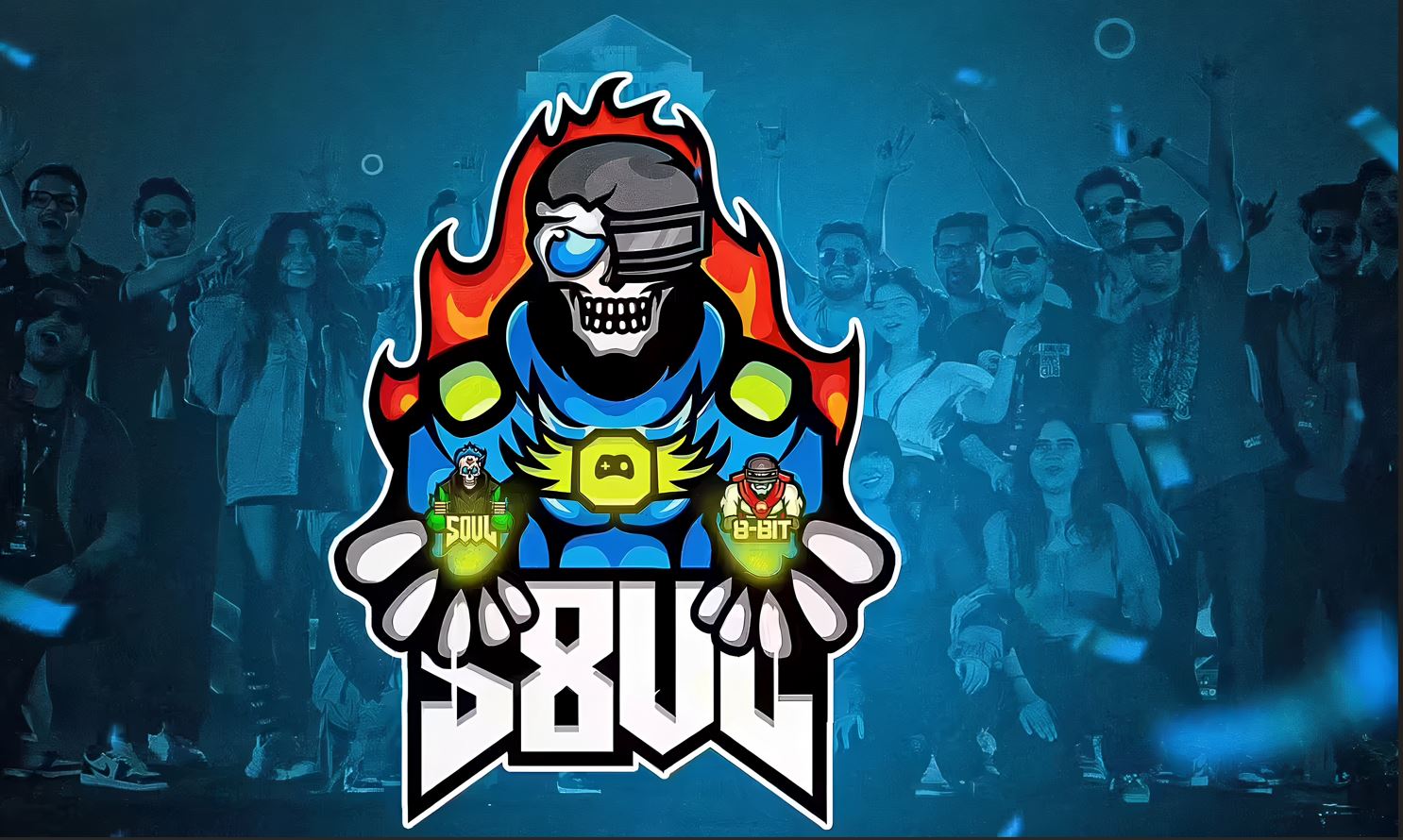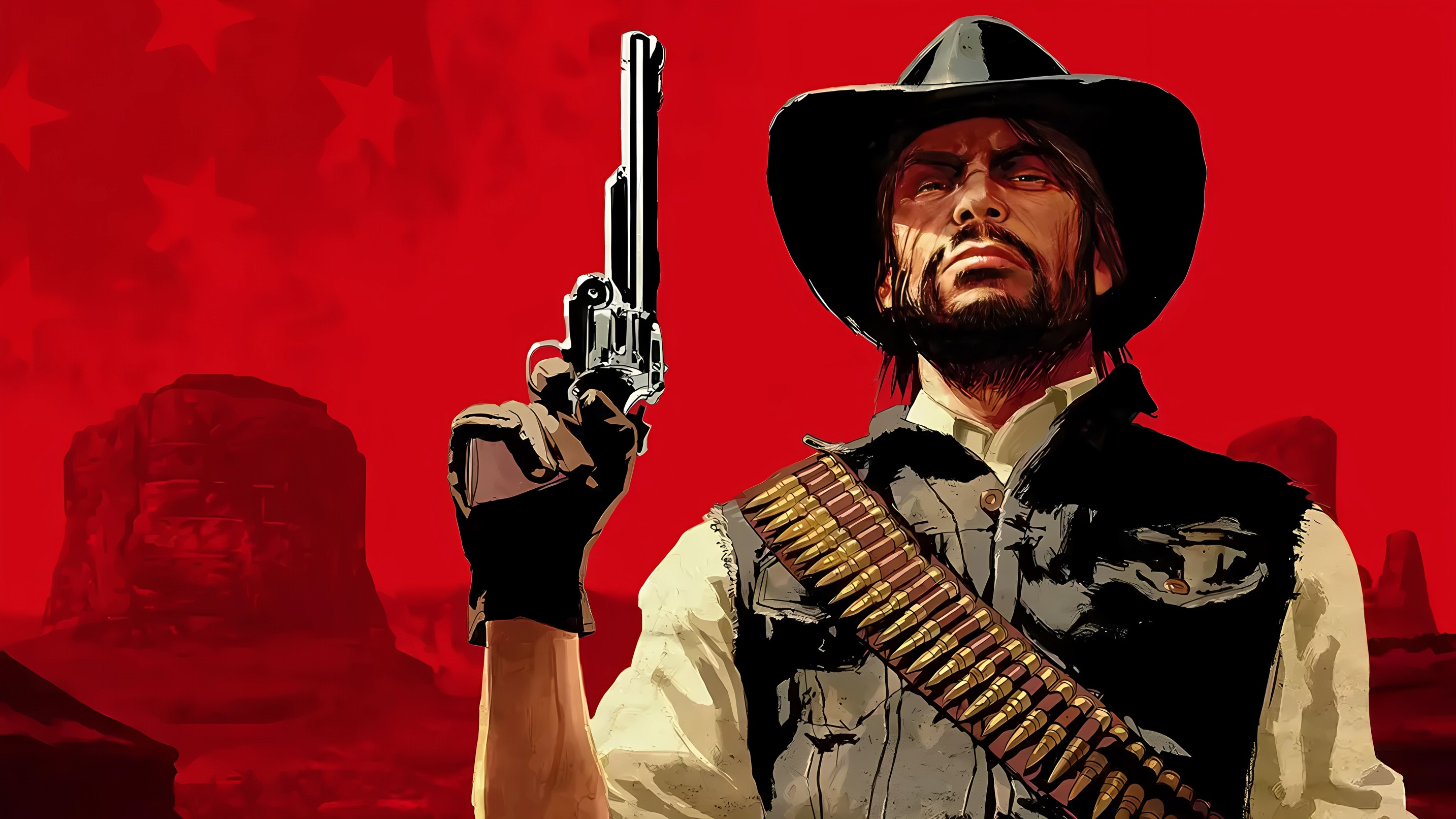China has arrived at the 2025 Esports World Cup not just to participate, but to completely rewrite the rules of global esports power. With more than 150 players competing across 16 different titles, the country is the most represented nation at the tournament. This is not just another year. This is China’s full-scale assault on every major competitive scene in the world.
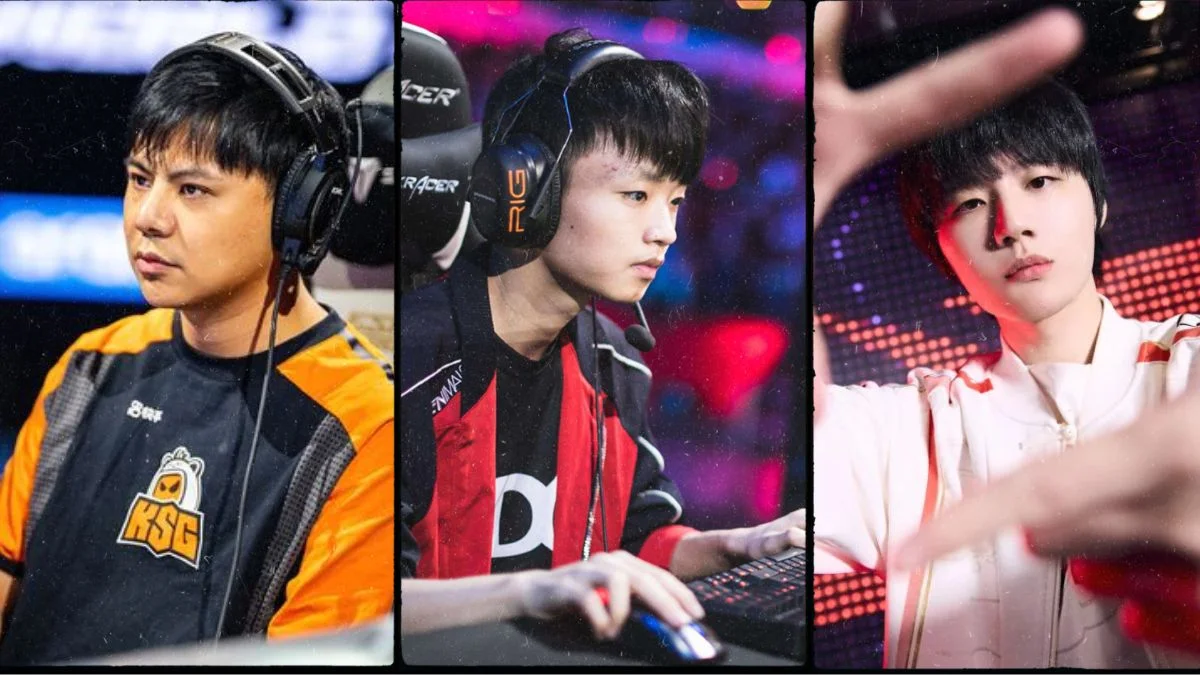
China was one of the earliest adopters of esports as a real sport. Long before the rest of the world took it seriously, China had already classified it as an official profession and built structured pathways for athletes, teams, and even entire ecosystems to thrive. Today, those foundations are paying off in a way the world can no longer ignore.
The numbers are staggering. An estimated 668 million gamers, supported by a government and economy that views esports as a serious growth engine. Chinese organizations are not just entering tournaments. They are coming to dominate them. Teams like AG.AL are leading the charge, making deep runs in games like League of Legends and Free Fire, while simultaneously gearing up for Call of Duty Warzone, PUBG, and Overwatch tournaments. If AG.AL can secure just one first-place finish, they could very well take the top spot in the prestigious Club Championship.
VK Gaming has already shown what happens when Chinese squads go full throttle. They shocked the scene with a massive victory in the Apex Legends Global Series Midseason Playoffs, beating several Western favorites. Unfortunately, because VK Gaming is not competing in other titles, they won’t be eligible for the Club Championship, a fact that leaves many wondering what could have been.
The Chinese esports machine is not built on one title alone. In League of Legends, the journey from early underdogs to world champions has become a blueprint for global success. Dota 2, once rocked by controversy and player migration, is now on a comeback trail, thanks to new grassroots tournaments like the Immortal Cup and a revitalized high-rank ladder. Titles like Street Fighter 6, TEKKEN 8, and Teamfight Tactics are also seeing strong Chinese contenders pushing toward finals territory.
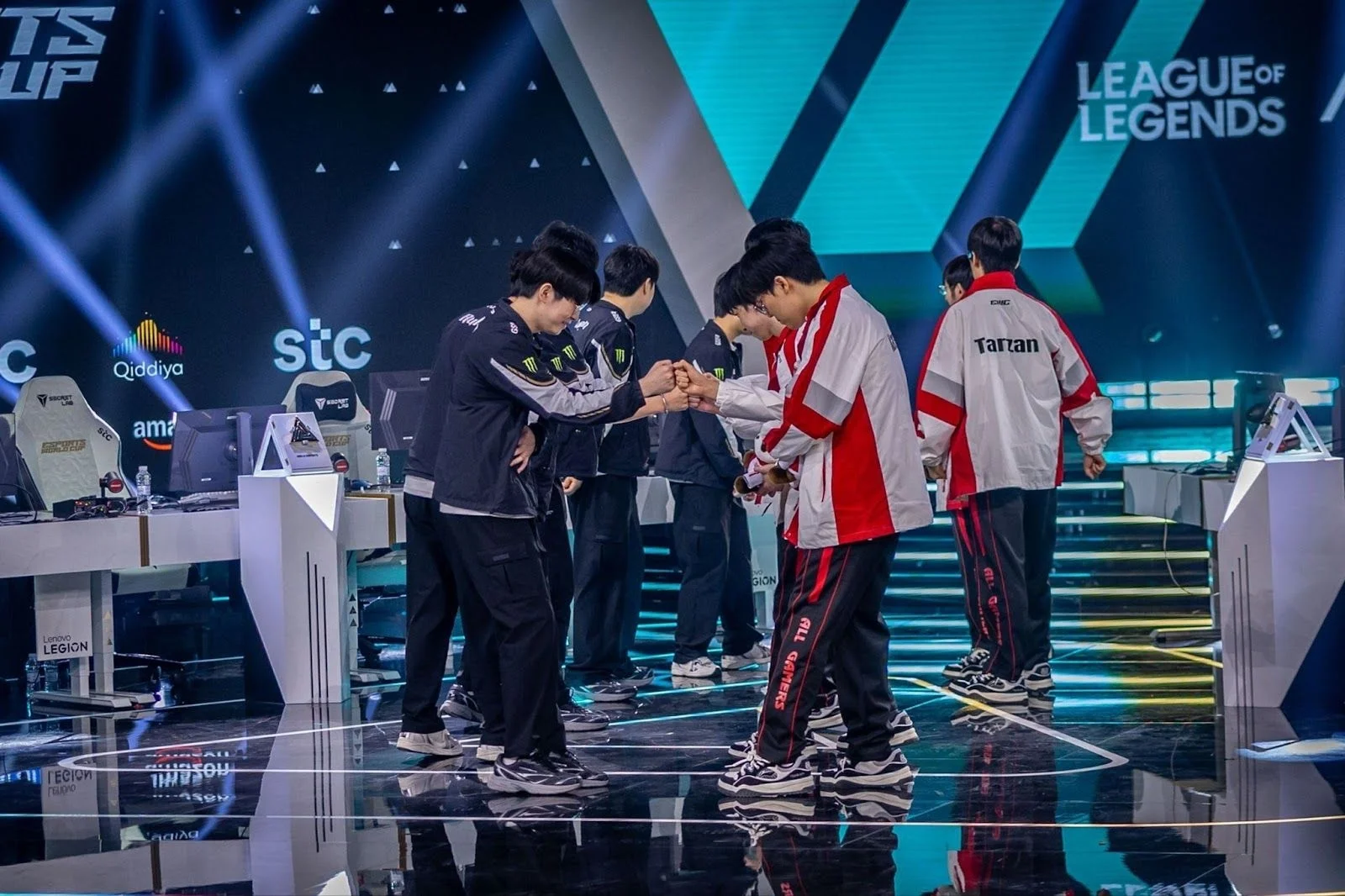
There’s also a new rivalry shaping up far beyond the game screens. Saudi Arabia’s rise in the esports space is undeniable. Backed by aggressive investment and marquee teams like Team Falcons, Saudi organizations are pushing hard to control the narrative of global competitive gaming. China is answering that challenge in real-time, not with press releases but with results.
The long-standing rivalry between China and South Korea remains the emotional core of many games. League of Legends continues to see these two titans clash year after year. What began with Korean dominance through legendary players like Faker has evolved into a more balanced battlefield where Chinese teams now frequently dismantle the old order.
This year, new names are emerging. KuaiShou Gaming’s Xiao Hai earned a silver finish in FATAL FURY. Wolves Esports, backed by an English football club partnership, has its sights set on TEKKEN 8 and TFT. Weibo Gaming, meanwhile, is spreading itself across seven titles, including marquee appearances in Street Fighter 6 and StarCraft 2.
With each match, China isn’t just stacking points. It is restoring its reputation, reasserting its dominance, and raising the stakes for everyone else. The country has turned its esports scene into a strategic, national movement. The world is no longer watching China rise. It is now trying to catch up.
For live updates, match insights, and the biggest plays from Esports World Cup 2025, follow Gaming Moves on Instagram and Facebook.

